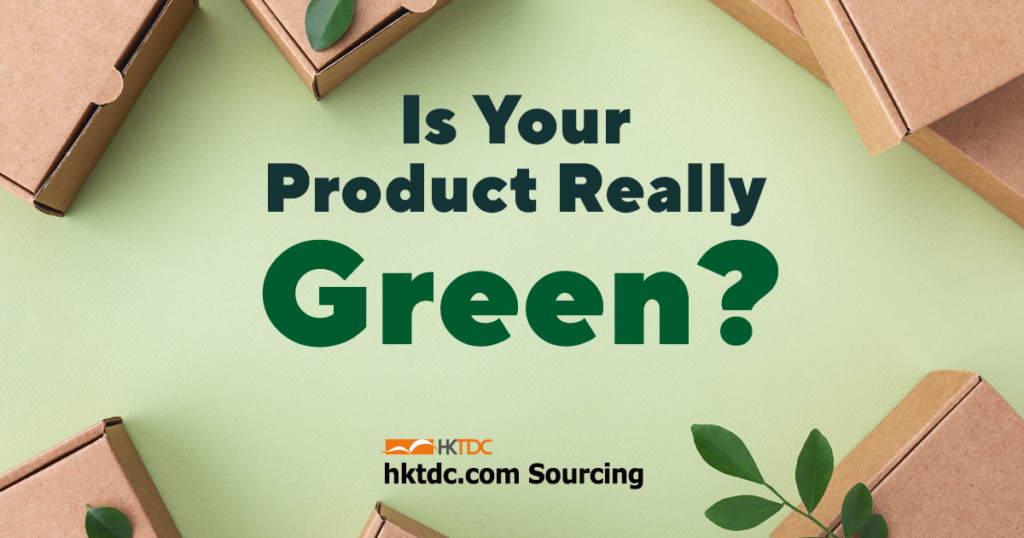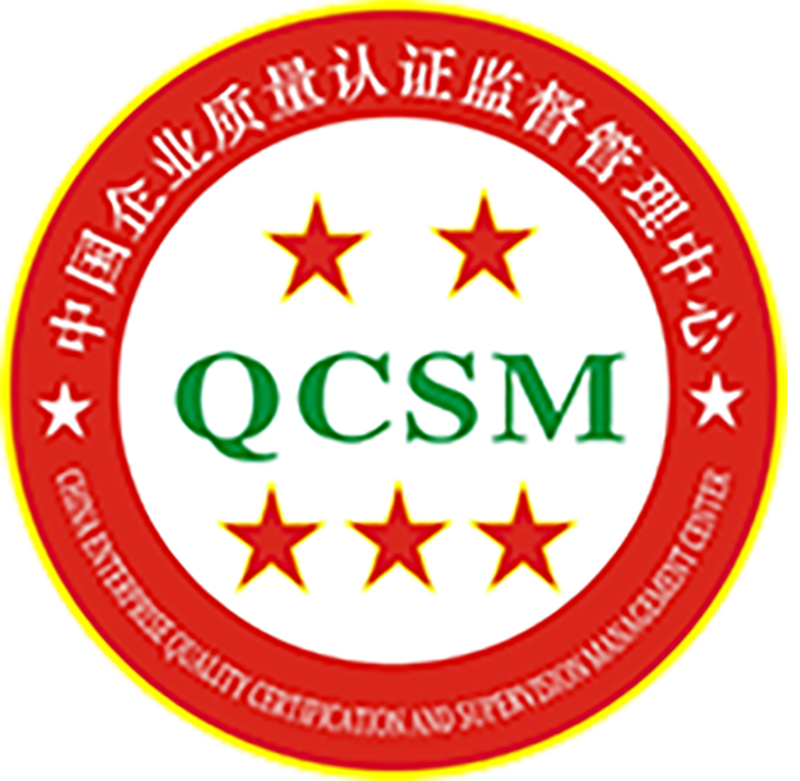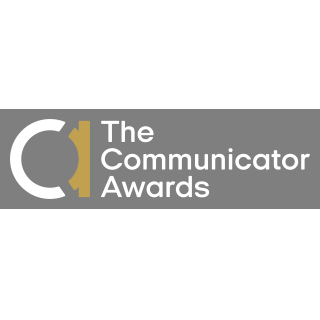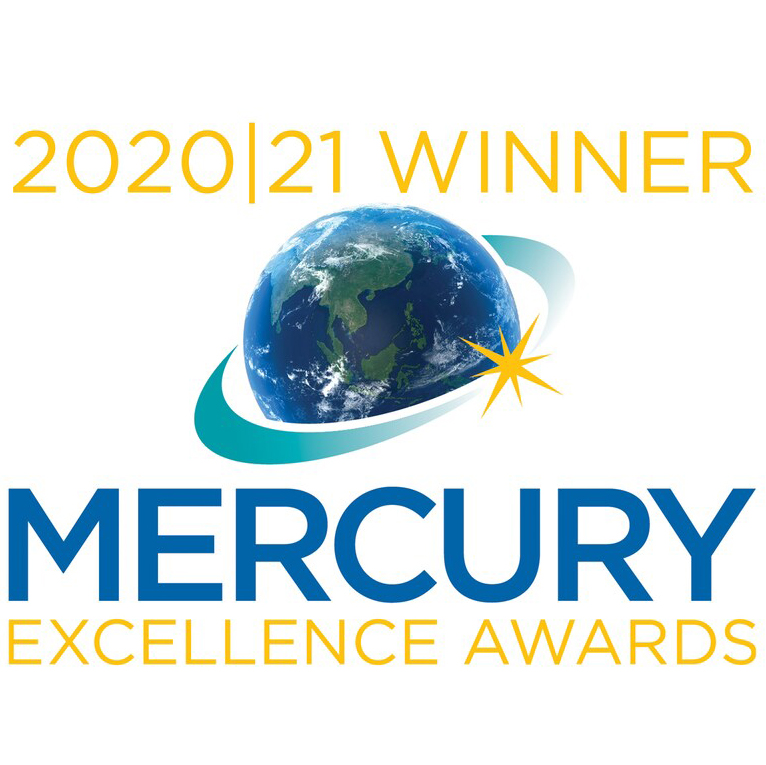Products with eco attributes let consumers make informed purchasing decisions aligned with environmental concerns. They also give businesses much needed pricing power. With so much at stake, how can companies promote product sustainability in a trusted way?
Different Green Perspectives Across Generations
Eco awareness is now a key driver in consumer products. A study back in 3 years ago found that 61% of core millennials (aged 27-32) wanted to buy from environmentally conscious companies, 58% checked labeling for proof of sustainability in the form of certification, and 60% intentionally bought items with environmentally preferable or less packaging. [1]
A study by PwC last year revealed similar findings that millennials and Gen Z are now willing to pay more for sustainable goods, who typically espouse eco consciousness and environmental justice. [2] Among them, 80% would pay more for products at a farmers’ market, bespoke items or products manufactured with a lower carbon footprint. 40% of the responders said they were willing to pay up to 10% more, with 10% saying they would pay up to 30% more.
Read More:
Greenwashing Does Not Work
It is one thing to make a green claim to gain sales but another to actually live up to the claim. Research by the European Commission found 42% of green claims were potentially false or deceptive. [3] With environmental claims being either lies, unsubstantiated, vague (‘natural,’ ‘sustainable,’ etc.) or irrelevant, these claims actually constitute what is called “Greenwashing,” creating distrust and confusion for consumers. It is also possible that factual statements are misleading or legitimate certifications might be applied falsely to products.

Making Green Happen
To achieve genuine sustainability, many governments are starting to respond. For example, the US Federal Trade Commission (FTC) has warned almost 700 marketing companies with civil penalties if the claims they make about products cannot be corroborated. [4] This shows the FTC is watching and willing to act. They are also revising its ‘Green Guides’ in 2024 to combat greenwashing.
Learn More:
Promote Eco Awareness: What Can We Do?
When looking for products, consumers are looking for evidence of biodegradability, a reputation for ethical practices, environmentally preferable materials, local production, lower carbon footprint and traceability/transparency.
Therefore, green claims must be:
- Independently verified/certified by a third party against internationally recognized standards (ISO 14021, EN13432, EN16640, ASTM D6400, etc.)
- Relevant to the product
- Traceable to allow access to relevant information that confirms claims
As customers are actively looking for products that can demonstrate sustainability, there is a real risk that greenwashing will destroy trust, thereby reducing the incentive to make and purchase more sustainable goods, which will ultimately be harmful to the planet. We all play a part to properly substantiate customers’ trust and uphold the eco standards.
This article is originally published by SGS:
SGS is the world’s leading testing, inspection and certification company. We are recognized as the global benchmark for sustainability, quality and integrity.




















